The students began this lesson with an exploration activity about acceleration and velocity. As they completed the assignment, students were asked to combine their conceptual knowledge with mathematical modeling, so they watched and listened to the Office Mix (narrated with screen shots) Power Point to review these concepts. Students who needed more help had access to additional resources, and students who understood the ideas could skip on ahead.
Based on the data provided through questions answered by students using Kahoot, I divided students into small groups. One group worked with me while the other students engaged in resources from a list I provided based on their learning needs (Brain Pop w/ questions, Discovery Ed video w/ questions, or BBC interactive w/ questions). For their assessment, students had to apply and explain these concepts in a real world scenario.
Use of these tech resources, especially the Office Mix Power Point, promoted cognitive engagement as all students were getting what they needed, and I wasn’t holding anyone back as they were working at their own pace.

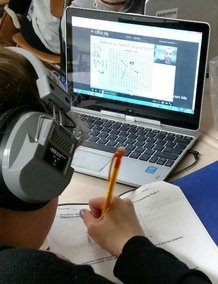
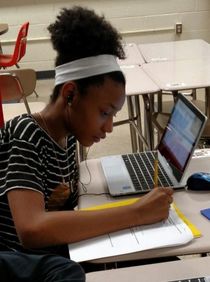
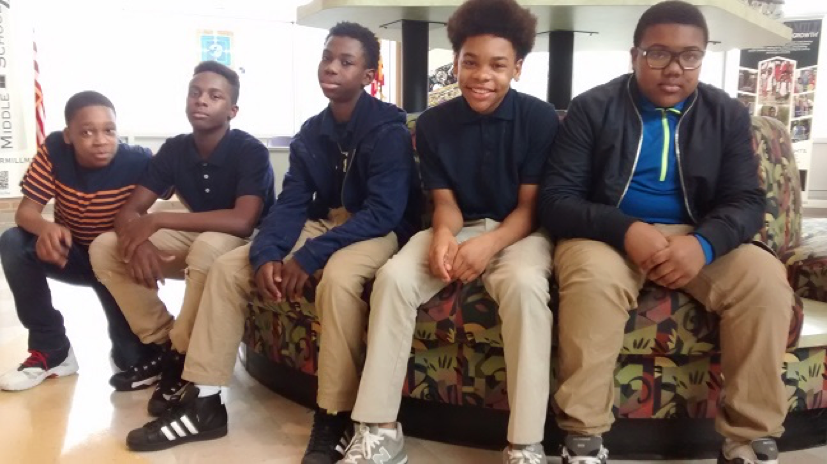
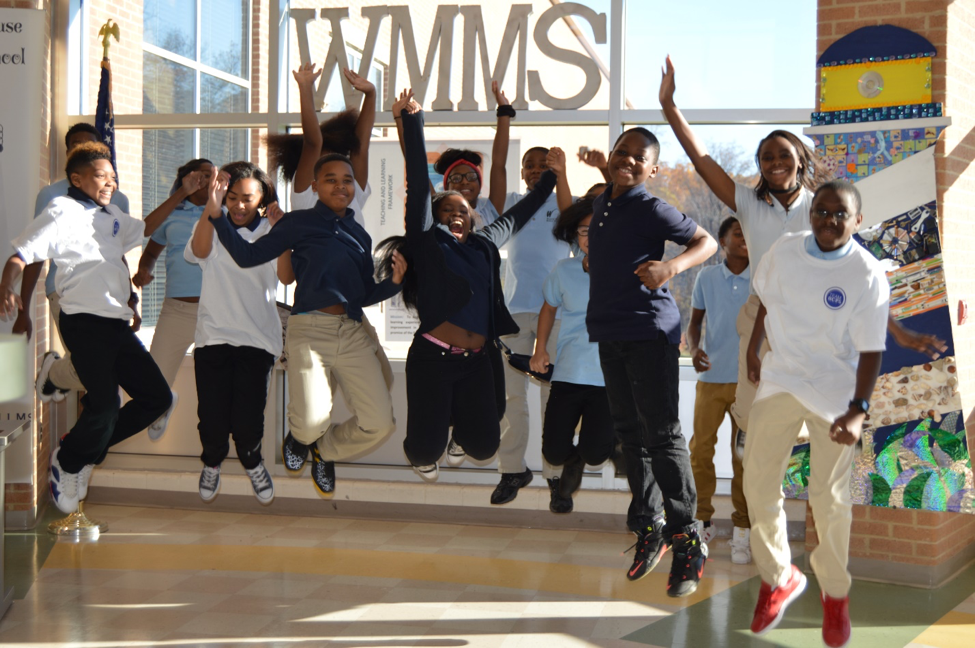
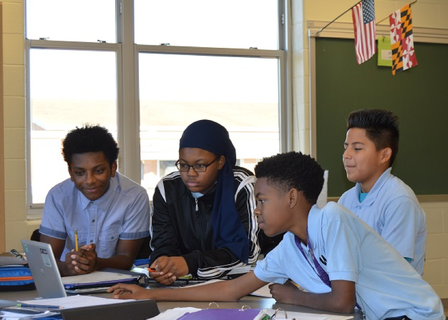
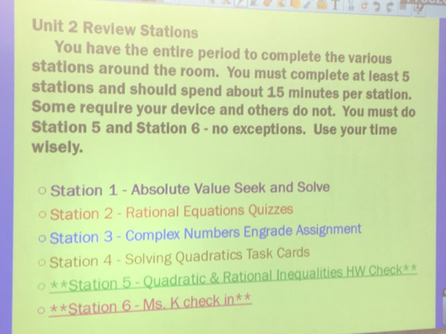
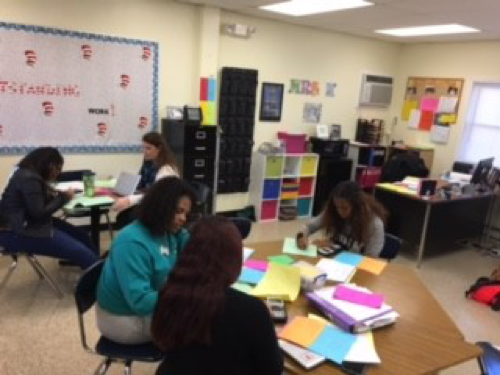
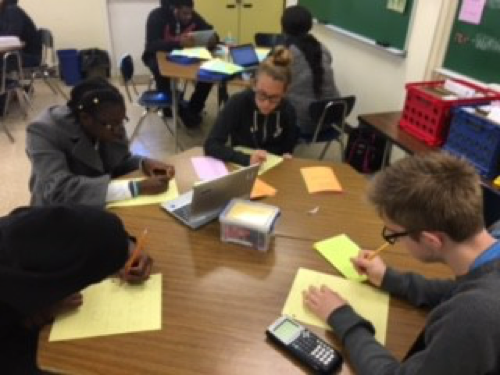
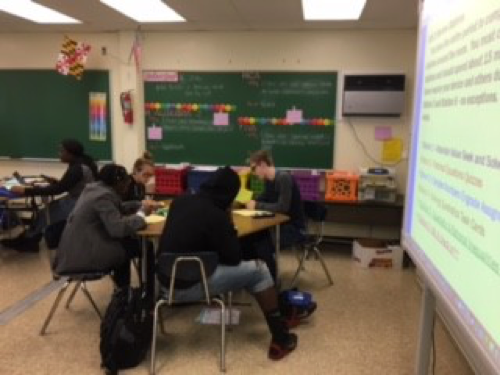
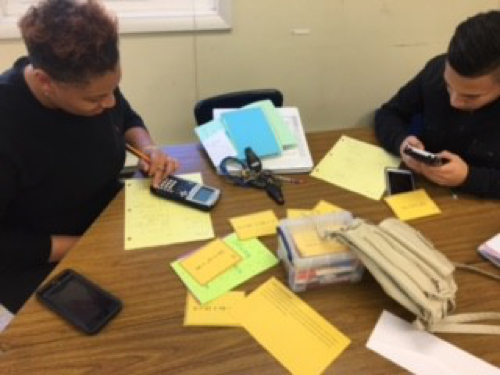
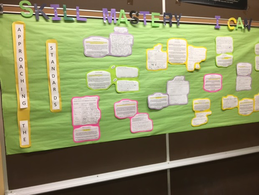

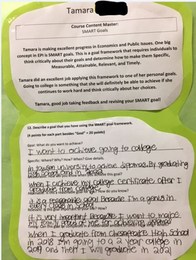
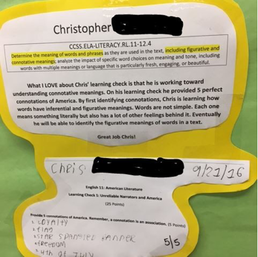
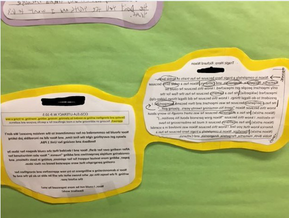
 RSS Feed
RSS Feed
